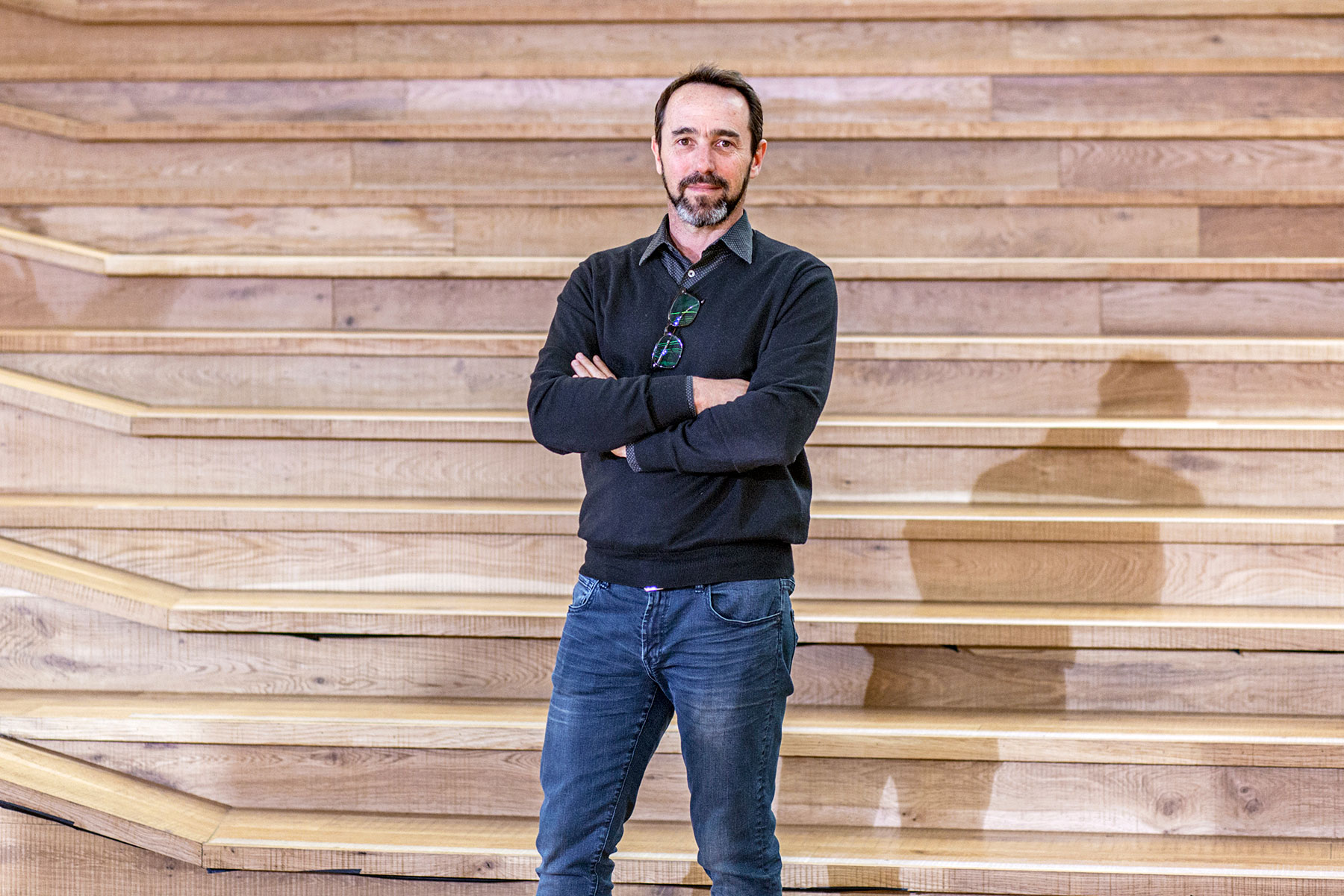When Marcos Galperin founded Mercado Libre in 1999, less than 3% of the population of Latin America was online. But the Argentine’s e-commerce platform flourished as the region became more connected, and now claims to be the market leader in all its major economies. Like other online sellers, it has thrived during the coronavirus pandemic, doubling sales in the second quarter year on year. Galperin spoke to TIME about the future of e-retail and the economic potential of the Americas.
What’s different about doing e-commerce in Latin America compared with Europe or the U.S.?
We had to create everything from scratch. The logistics for e-commerce and the infrastructure for digital payments—we had to create it all. Some of our international competitors, like eBay and Amazon, grew [much faster than us] from the very beginning. Funnily enough, we have started to grow at much faster rates now on our 21st anniversary. It’s an overnight success story that took over two decades.
Did you know Mercado Libre would be successful from the start?
When we launched, I did a survey with 20 Latin American classmates at Stanford and asked them if they thought the model was going to work in Latin America: 100% of them said no, that Latin Americans would never buy something they hadn’t seen or touched from [someone] they didn’t know. It turned out it worked.
In 2019, e-commerce accounted for roughly 4% of retail sales in Latin America, compared with 11% in the U.S. How has the pandemic changed things?
I believe that that figure is going to be closer to 10% this year. The pandemic moved us forward between three and five years.
Mercado Libre’s market capitalization topped $60 billion this summer, making it one of Latin America’s most valuable companies. Does that success feel strange while the world is suffering?
If it was us selling, maybe it would. But we are literally saving hundreds of thousands of sellers from having to file bankruptcy. Latin American governments have been less able to provide people with the money to sustain long lockdowns than governments in Europe or the U.S. provided. But millions of small- and medium-size businesses are able to continue operating safely and make a living. So, on the contrary, we are becoming an essential service.
The pandemic is likely to make inequality in Latin America even worse than it already is. Is that bad for business?
For sure. Long term, we want a prosperous society with as many people being well-off as possible. I believe equality per se is not a value. We want the starting line to be as close to equal as possible. But that’s a starting line. If some people want to work harder or they have a better idea, and they make more, what’s the problem with that? It’s a bit like sports. The best team wins and becomes champion, and the worst team loses. And that’s, I think, more interesting for society in general.
The pandemic has brought a lot of negative changes. Do you predict any positive changes?
I think we’re going to start addressing climate change in a much more aggressive way. Businesses need to take the lead. For example, having large companies like us put in orders for electric vehicles helps a lot to jump-start the infrastructure we need.
What’s your next big bet?
We believe cash will disappear in Latin America. Partly because QR payments and digital payments are a better experience. But also, because they use cash for everything, 50% of Latin Americans have no history of their financial transactions and therefore no access to credit. We have started to create a digital financial history for them. That means we can provide loans to people that have never had access to loans.
I’ve read you enjoy chess. Has that helped you as a businessman?
I used to be a fan of chess. Now I lose to my son. So I’m not a fan anymore.
- The 100 Most Influential People of 2024
- The Revolution of Yulia Navalnaya
- 6 Compliments That Land Every Time
- What's the Deal With the Bitcoin Halving?
- If You're Dating Right Now, You're Brave: Column
- The AI That Could Heal a Divided Internet
- Fallout Is a Brilliant Model for the Future of Video Game Adaptations
- Want Weekly Recs on What to Watch, Read, and More? Sign Up for Worth Your Time
